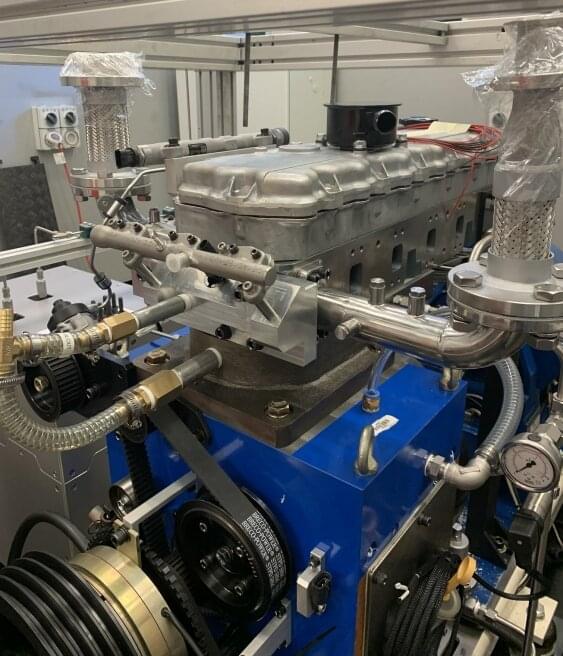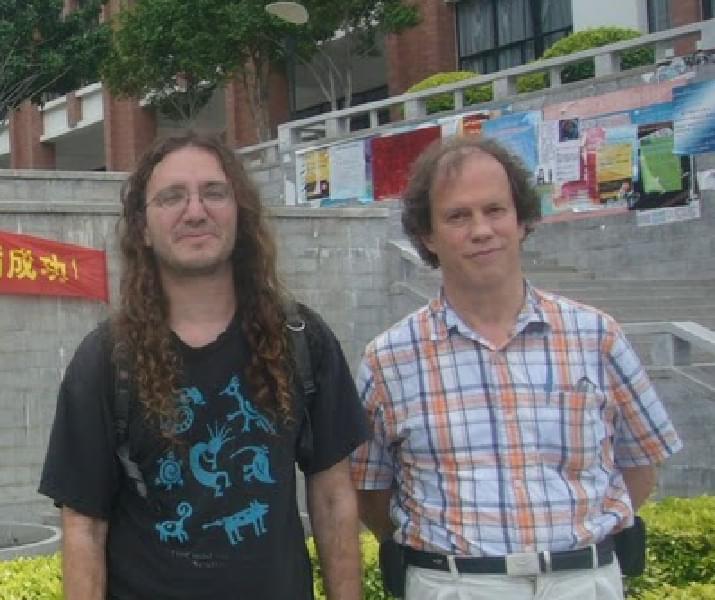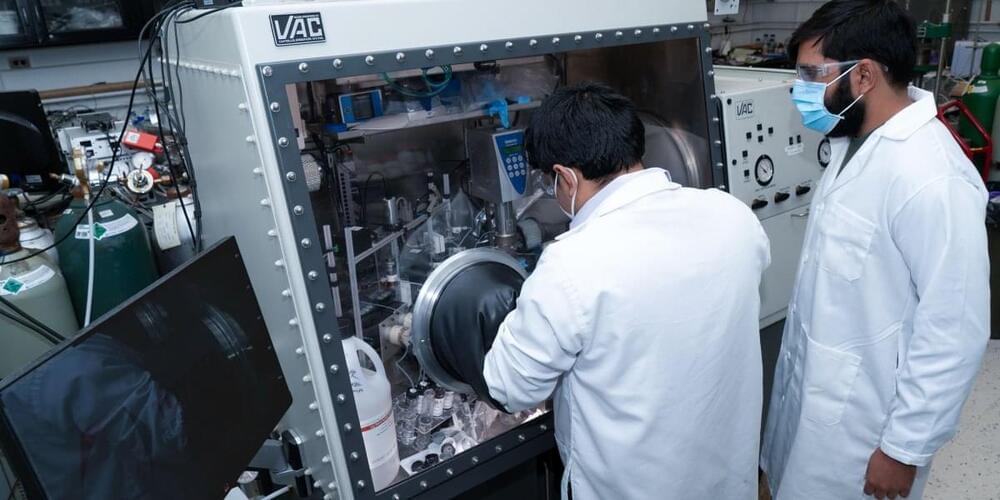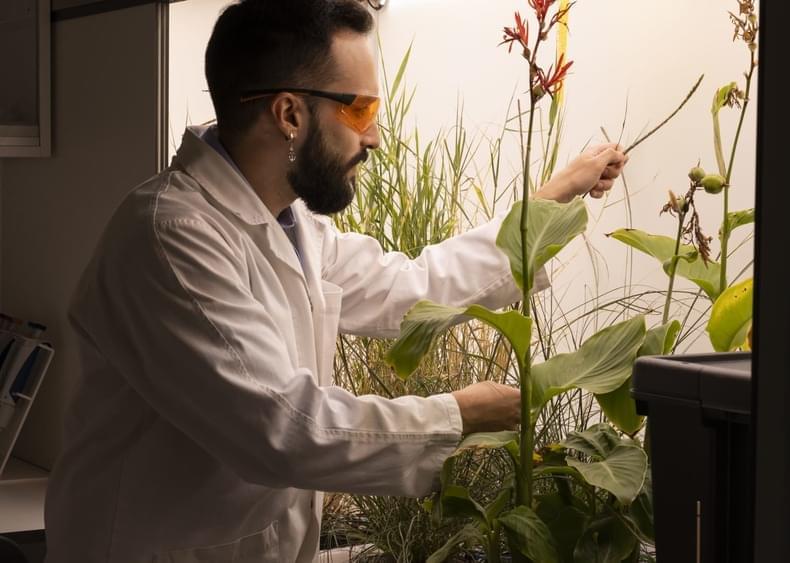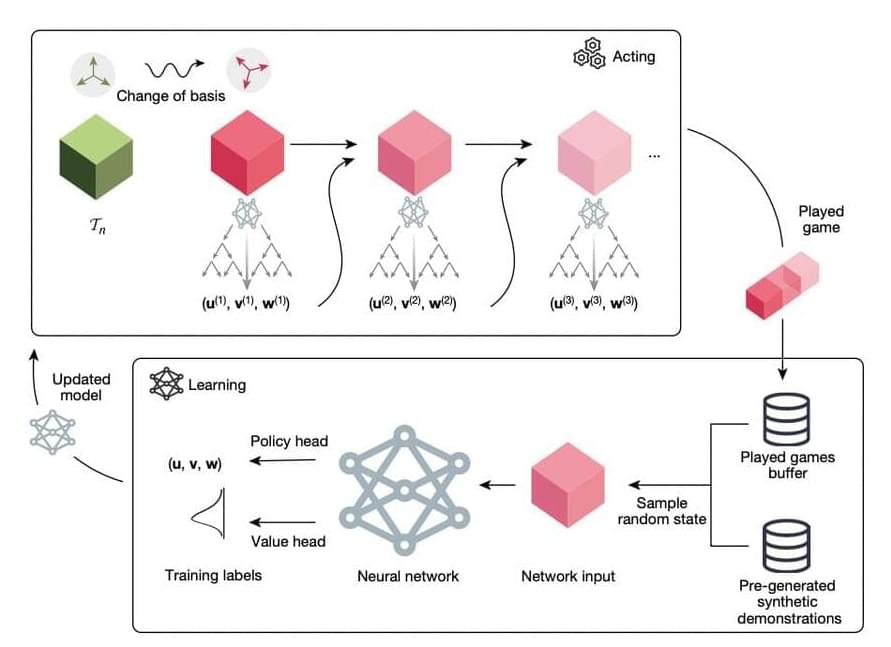The Transhumanist FAQ was developed in the mid-1990s and in 1998 became a formal FAQ through the inspirational work of transhumanists, including Alexander Chislenko, Max More, Anders Sandberg, Natasha Vita-More, Eliezer Yudkowsky, Arjen Kamphius, and many others. Greg Burch, David Pearce, and Anders Sandberg kindly offered extensive editorial comments. The presentation in the cryonics section was, and still is, directly inspired by an article by Ralph Merkle. Ideas, criticisms, questions, phrases, and sentences to the original version were contributed by (in alphabetical order): Alex ([email protected]), Brent Allsop, Brian Atkins, Scott Badger, Doug Bailey, Harmony Baldwin, Damien Broderick, Greg Burch, David Cary, John K Clark, Dan Clemensen, Damon Davis, Jeff Dee, Jean-Michel Delhotel, Dylan Evans, [email protected], Daniel Fabulich, Frank Forman, Robin Hanson, Andrew Hennessey, Tony Hollick, Joe Jenkins, William John, Michelle Jones, Arjen Kamphius, Henri Kluytmans, Eugene Leitl, Michael Lorrey, [email protected], Peter C. McCluskey, Erik Moeller, J. R. Molloy, Max More, Bryan Moss, Harvey Newstrom, Michael Nielsen, John S. Novak III, Dalibor van den Otter, David Pearce, [email protected], Thom Quinn, Anders Sandberg, Wesley R. Schwein, [email protected], Allen Smith, Geoff Smith, Randy Smith, Dennis Stevens, Derek Strong, Remi Sussan, Natasha Vita-More, Michael Wiik, Eliezer Yudkowsky, and [email protected].
Over the years, this FAQ has been updated to provide a substantial account of transhumanism. Extropy Institute (ExI) was a source of information for the first version of the Transhumanist FAQ, version 1.0 in the 1990s. The Transhumanist Manifesto, conceived by Natasha Vita-More in 1983 and revised in 1998–2020 to include advances of the growing worldview, was published in the CD placed onboard the Cassini-Huygens spacecraft in its mission to Saturn.
Humanity+, also known as WTA, adopted the FAQ in 2001 and Nick Bostrom added substantial information about future scenarios. With the contributions of close to hundred people from ExI, Aleph, DeTrans, Transcedo, WTA, and the UK Transhumanist Association, new material has been added and many old sections have been substantially reworked. In the preparation of version 2.0, the following people have been especially helpful: Eliezer Yudkowsky, who provided editorial assistance with comments on particular issues of substance; Dale Carrico who proofread the first half of the text; and Michael LaTorra who did the same for the second half; and “Reason” who then went over the whole document again, as did Frank Forman, and Sarah Banks Forman. Useful comments of either substance or form have also been contributed by (in alphabetical order): Michael Anissimov, Samantha Atkins, Milan Cirkovic, José Luis Cordeiro, George Dvorsky, James Hughes, G.E.
